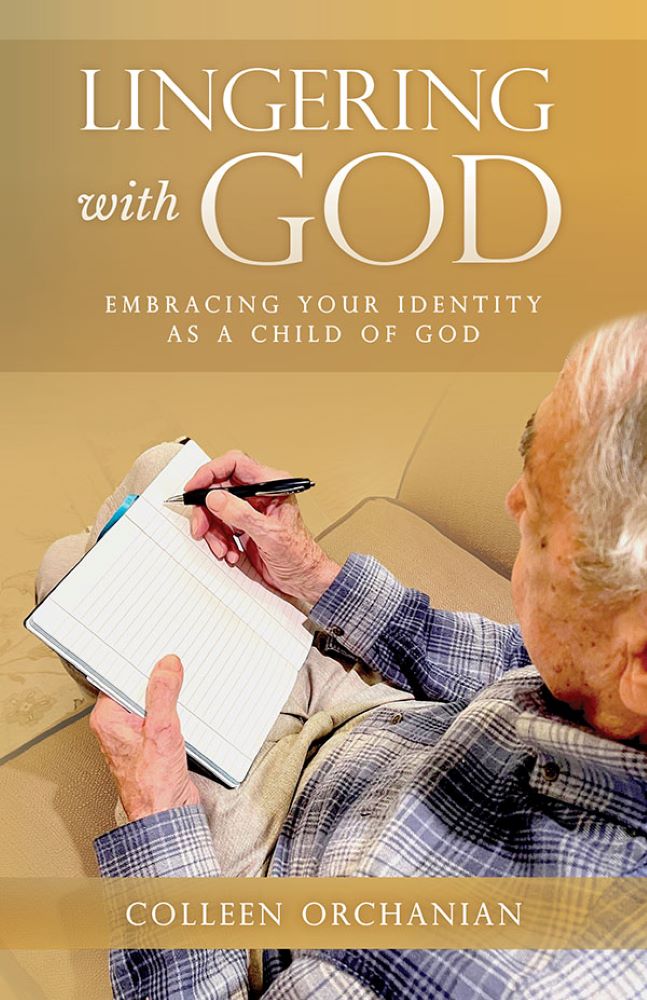Power of Love
 St. Thomas Aquinas defines love as willing the good of the other as other. From that definition, we know that love is not an emotion. It’s not about how we feel – the warm and fuzzies. It’s about what we do—the actions we take. Love is demonstrated by our words and deeds.
St. Thomas Aquinas defines love as willing the good of the other as other. From that definition, we know that love is not an emotion. It’s not about how we feel – the warm and fuzzies. It’s about what we do—the actions we take. Love is demonstrated by our words and deeds.
The Bible is all about love, but I’ll focus on just four passages:
Galatians 5:14: You shall love your neighbor as yourself. That’s the golden rule. We treat others as we wish to be treated, without a double standard. If I am quick to dismiss my faults, I should be quick to dismiss the faults of others. If I want others to forgive me, I should be willing to forgive others. If I don’t want others to talk about me behind my back, I should avoid gossiping about them.
Luke 6:35: Love your enemies. We cannot do this without the grace of God. Maybe you don’t have any enemies. “Enemies” is a pretty strong word and I wouldn’t use it to describe anyone I know, but what if I were to interpret enemy as someone who annoys me – someone who rubs me the wrong way? God calls me to love even those people – not to necessarily FEEL love for them, but to will the good for them, to see them with the love of God rather than my imperfect love.
Romans 13:8: Owe no one anything except to love each other, for the one who loves another has fulfilled the law. The word OWE implies that I DO owe love to others; it’s not an option. The commandments are all about love – loving God and loving others. Those commandments have never been presented as optional behaviors.
John 15:13: Greater love has no one than this, that someone lay down his life for his friends. Jesus laid down his life for us. Many have laid down their lives for others. St. Maximilian Kolbe took the place of a Jewish man chosen to die in Auschwitz. Kendrick Castillo was an 18-year-old student who died saving his classmates in a school shooting in Colorado about 5 years ago. Maybe God isn’t calling you or me to actually die to save another’s life, but we are called to die to self, to overcome our ego, and to serve others.
We are called to love others, to will their good – both their temporal good on this earth and more importantly the good of their souls so they can go to heaven.
Sometimes, because of our brokenness – our fallen nature – we don’t bring love into a situation. To paraphrase St. Josemaria Escriva, if I am not loving others, it is because I am not close enough to Christ.
Here are some situations that are ripe for love:
- You are in an argument with your spouse. Obviously, you’re right and they just refuse to admit it.
- You’re at church and the family in back of you has some restless, chattering little ones. It’s making it difficult for you to focus on the service.
- You’re at a family party and someone starts talking politics. Tempers are flaring.
- Your lyin’, cheatin’ ex comes by to pick up the kids for visitation.
Every one of these situations is an opportunity to love – to bring love into the situation. But just because there is an opportunity, doesn’t mean we take it. There are many obstacles to loving others – to bringing love into a situation. Each obstacle, however, can be overcome with virtue. Here are some common obstacles:
Pride. If they messed up, let them take the first step to fix it. If that’s my attitude, I’m not bringing love into the situation. The virtue I need is humility.
Fear. If I try to bring love into a situation, maybe I’ll be rejected or taken advantage of. The remedy to fear is faith and trust in God and His promises. If He calls me to bring love into the situation, I can trust that He will take care of me.
Selfishness. I want it my way. I want to do what makes me feel good. If my husband wants to spend time with me and I would rather visit with my friends at church, that’s selfishness. The remedy is generosity. Dying to self.
Judgment. I see kids being disruptive and I judge the parents. That’s not a loving response. I was once at church with a fussy baby. I couldn’t get him to settle down. The woman in the pew behind me, Josefina, tapped my shoulder and reached out her arms. I gave her the baby. She had him asleep in less than a minute. She brought love into the situation and not judgment. The remedy to judgment is patience.
Disillusionment with evil. The world is very dark – and seems to be getting darker every day. I can get into conversations about how bad it is, and what a mess we’re in in our country, our church, the world. But when I do that, I’m not bringing love into the situation. I can’t fix the darkness of the world – only God can do that. I overcome the obstacle of disillusionment with hope and trust in God. He knows what’s going on. He has a plan. He brings good out of evil.
Ideology. Sometimes we are so stuck in our ideology that we create more hate and division – both of which are from the enemy. If my faith is focused on one aspect of an ideology, then it isn't faith in Jesus Christ. The remedy to ideology is detachment from the world and attachment to Jesus Christ – growing in that relationship.
Pain. This may be the easiest obstacle to understand and indulge. I’ve been hurt by you and I’m not bringing any love into this relationship. You don’t deserve it. My pain keeps me from loving – from willing the good of the one who hurt me. The only remedy is healing. And God wants to heal us.
There are so many obstacles to loving. None of them is insurmountable. With God all things are possible. Love can transform another person. Love can heal our wounds. Love gives hope. Love gives strength to persevere. Love instills confidence to overcome our fears.
I am called to bring love into every relationship I have. The power that flows from that love is beyond our imagination. God can do miracles – and He does them through us and through the love we share with others.
All that I can do – all that I am – is because I have been loved. If you have been loved, you can do great things. You can share that love with others who have not known love. You can bring love into an encounter and change its direction. I encourage you to do that. To step out in love. To use the power of love and will the good of the other.
Questions for prayer:
- What relationship are you being called to bring love into? What difference might that love make?
- What obstacle keeps you from bringing love into a given situation? What can you do to overcome that obstacle?

